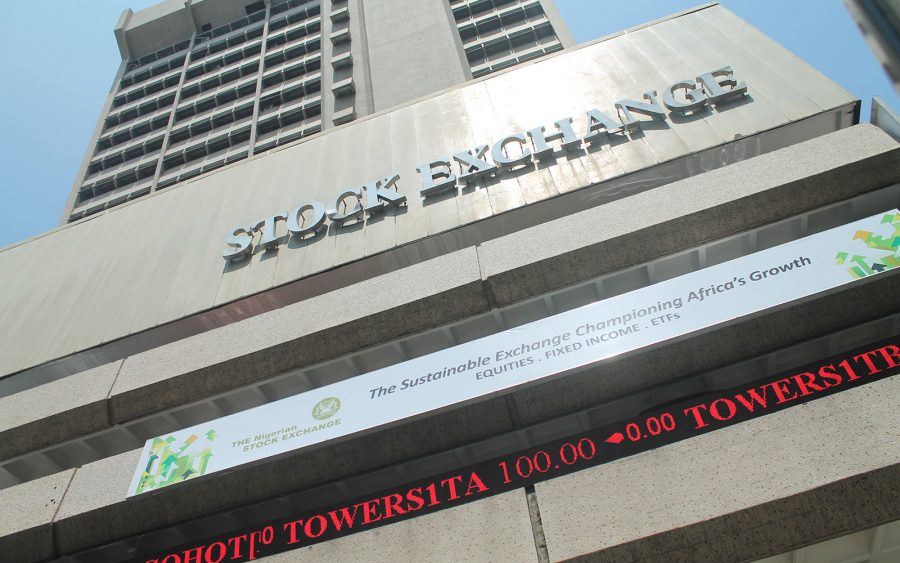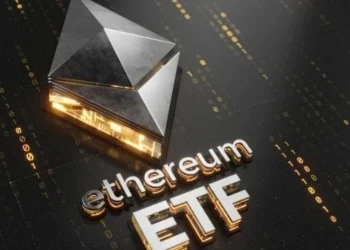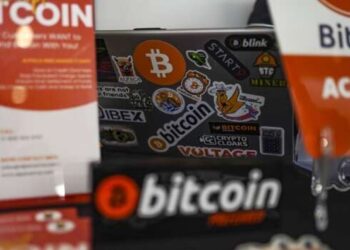Since Exchange Traded Funds became an investible and tradable instrument in the Nigerian market on 19th December 2011, following the listing of the New Gold Exchange Traded Fund, (NewGold Etf), exchange traded funds have become a seemingly well-known financial products in Nigeria. Within a space of seven years, the Nigerian market can boast of 9 exchange traded products with a total net asset value of over five trillion Naira.
What are Exchange Traded Funds
An exchange traded fund is a financial instrument that tracks the performance of an index or a basket of securities or commodities. Historically speaking, the world’s first exchange traded fund was birthed in the US in 1993, when State Street Global Advisors launched the SPDR exchange traded fund. Ever since, the ETF market has not looked back as the wave spread to other developed markets and continues to spread to developing markets in Africa and beyond. According to available statistics, the global ETF market was valued at $49.39 trillion as at the first quarter of 2018. The amazing growth and size of global ETF market is an indication that there must be something good about ETFs.
Why Invest in ETF
One of the reasons why people flock to or invest in exchange traded funds is that it provides diversification. Sometimes, especially for investors with little means, it may not be easy to invest in many different stock positions, but by investing in one ETF that tracks a basket of stocks, one gets the benefit of investing in all the constituent stocks in a basket of ETF, howbeit proportionately small. For example, by investing in the Vetiva Banking ETF, you get exposure to Access Bank, Guaranty Trust Bank, UBN, Diamond, Sterling, Wema, Eco International Bank, UBA, Zenith and Fidelity.
Another advantage of investing in Exchange traded funds is that they offer low expense ratio. Much as investors want to invest in funds or stocks or bonds with very good and promising returns, they do not want to do so by incurring too much expenses in the process. Afterall, who does not want to save money. It is this savings by way of low expense ratio that endear investors to exchange traded funds.
What is Expense Ratio
Exchange ratio is an efficiency ratio that calculates expenses paid to the investment manager of an ETF, or in deed any mutual fund, in relation to or as a percentage of the total assets invested in the fund. Quantitatively speaking, expense ratio is given as:

Arming yourself with knowledge of the expense ratio and performance of different funds helps you, the investor, in deciding on which fund to invest in to maximize your returns. Based on the above formula here is a raking of the exchange traded funds that trade in the Nigerian market based on information available as at end of third quarter of 2018.
Most Expensive ETF is Vetiva Consumer Goods ETF which charges 0.53% of its net asset value as compensation for the fund managers. Coming second in the league of expensive ETFs in Nigeria is Vetiva Industrial ETF with its expense ratio of 0.40%. The third most expensive ETF in Nigeria is Vetiva Banking ETF which takes its pound of flesh on investors by charging 0.19% while Lotus Halal 15 ETF and Vetiva S & P Nigeria Sovereign Bond ETF jostle for the position of the 4th most expensive ETFs by charging 0.15%. Vetiva Griffin 30 ETF which charges 0.07% of its net asset value in fees comes next. The cheapest ETF is Stanbic IBTC 30 ETF which charges 0.02% of its NAV in fees while the second cheapest is Stanbic IBTC 40 ETF’s expense ratio of 0.05%.

While Vetiva Fund Managers Limited seem to be the most expensive fund managers in relation to ETFs, Stanbic IBTC Asset managers seem to be the cheapest and the most profitable with respect to inception to date (ITD) performance. The cheapest ETF, Stanbic IBTC 30, has rewarded investors with 33.75% return since inception, although it has lost about 16% so far in 2018, thanks to equity market turmoil of 2018. The story is same with the second cheapest fund, Stanbic IBTC 40 ETF which has an inception to date return of 49.41% attached to its name irrespective of the current YTD negative return of 16%. Comparatively, the most expensive ETF, Vetiva Consumer Goods ETF has recorded an inception to date return of minus 1.05%, thanks to the 2018 YTD loss of minus 22% which eroded all of its past positive performance.
Global Comparison
On the average, Nigerian ETFs charge about 0.11% of their NAV as expenses which compares favorably with what obtains elsewhere around the world. According to a recent publication by the ICI organization on “Trends in the Expenses and Fees of Funds, 2017”, it was noted that “economies of scale and intense competition are putting downward pressure on expense ratios of exchange traded funds” so much such that in 2017, the expense ratio of ETFs fell to 0.21% from 0.31% in 2009 worldwide.
















.gif)






